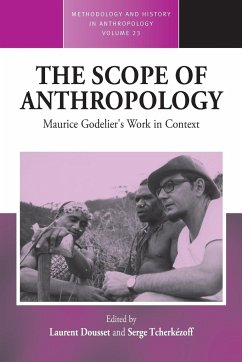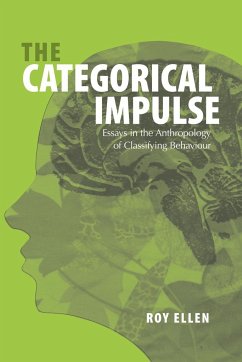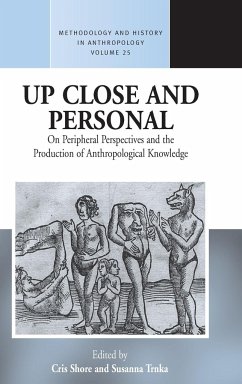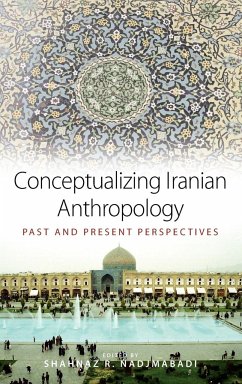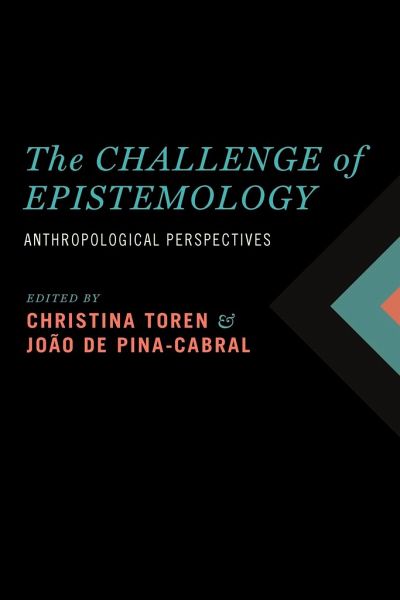
The Challenge of Epistemology
Anthropological Perspectives
Herausgeber: Toren, Christina; Pina-Cabral, João de

PAYBACK Punkte
61 °P sammeln!
Epistemology poses particular problems for anthropologists whose task it is to understand manifold ways of being human. Through their work, anthropologists often encounter people whose ideas concerning the nature and foundations of knowledge are at odds with their own. Going right to the heart of anthropological theory and method, this volume discusses issues that have vexed practicing anthropologists for a long time. The authors are by no means in agreement with one another as to where the answers might lie. Some are primarily concerned with the clarity and theoretical utility of analytical c...
Epistemology poses particular problems for anthropologists whose task it is to understand manifold ways of being human. Through their work, anthropologists often encounter people whose ideas concerning the nature and foundations of knowledge are at odds with their own. Going right to the heart of anthropological theory and method, this volume discusses issues that have vexed practicing anthropologists for a long time. The authors are by no means in agreement with one another as to where the answers might lie. Some are primarily concerned with the clarity and theoretical utility of analytical categories across disciplines; others are more inclined to push ethnographic analysis to its limits in an effort to demonstrate what kind of sense it can make. All are aware of the much-wanted differences that good ethnography can make in explaining the human sciences and philosophy. The contributors show a continued commitment to ethnography as a profoundly radical intellectual endeavor that goes to the very roots of inquiry into what it is to be human, and, to anthropology as a comparative project that should be central to any attempt to understand who we are.






